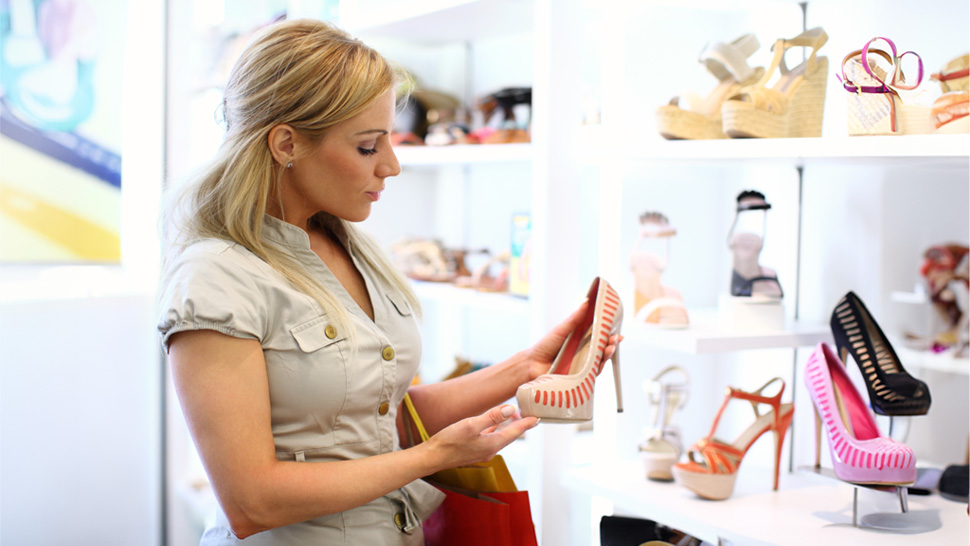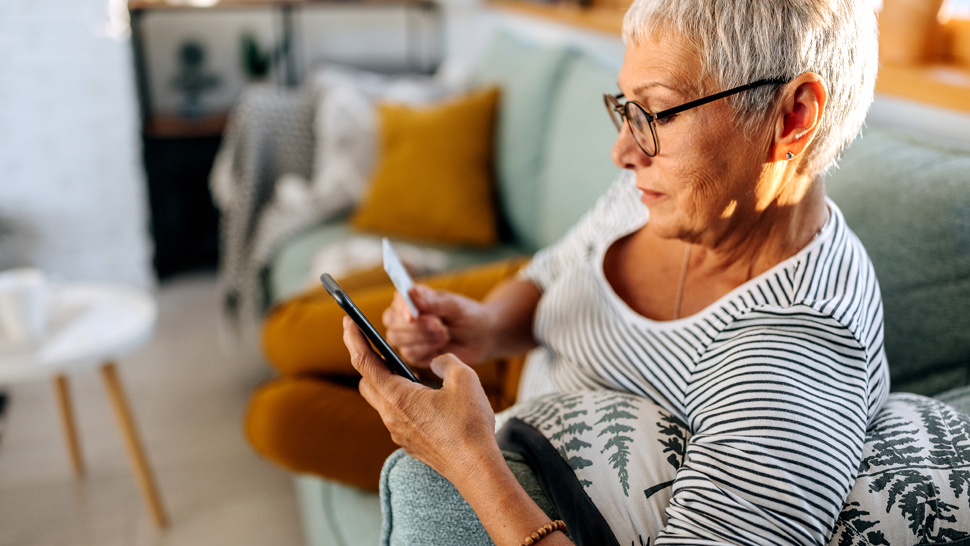In today's world, it's hard to escape the message that money is the answer to everything. Whether it's flashy advertising promising happiness through the latest gadgets or celebrities flaunting their wealth on social media, the idea that money can solve all our problems is everywhere. We buy when we’re happy, when we’re sad or when we want to celebrate. But let's take a step back and really think about it. Is money truly the emotional support tool we're looking for?
Sure, money can buy stuff. It can get you that new phone or a fancy dinner at a five-star restaurant. But here's the thing: material possessions might bring temporary joy but they won't fix what's really bothering you deep down. Using money as a band-aid for your emotions is like slapping a sticker over a crack in the wall: it might cover it up for a while, but it won't make the problem disappear.
Think about it this way: Have you ever gone on a shopping spree to lift your spirits, only to feel guilty or even more stressed afterward? That's because buying stuff can't fill the void inside us. It might momentarily distract us, but it won't free us from the emotional burdens we carry.
Not only is money an inadequate solution for inner turmoil, but buying on emotional impulse causes us to spend money we don’t have, leaving us with greater financial stress. According to one survey, 71% of respondents identify money as a significant cause of stress in their lives.
And let's talk about the pressure to keep up with the Joneses. In a world where success is often measured by the car you drive or the labels on your clothing, it's easy to feel like you're not good enough unless you have all the latest toys. But here's a secret: your worth isn't tied to how much money you have or what you own. You're valuable just the way you are. No fancy cars or designer clothes are required.
So, what's the alternative? It starts with looking inward. Instead of reaching for your wallet every time you're feeling down, take a moment to check in with yourself. Ask yourself, “Why am I buying this?” If the reason has anything to do with your emotions, know that you need to put the credit card down and walk away. Learn how to sit with and work through uncomfortable emotions. Try some deep breathing exercises or journaling to sort out your thoughts and feelings. Trust me, sometimes just getting it all out on paper can make a world of difference.
Consider focusing on what you do have. Practicing gratitude for both the material and, most importantly, the intangible things you already have in your life can grant some much-needed perspective when you’re overwhelmed with feelings of inadequacy.
And don't underestimate the power of connection. Reach out to a friend or family member when you're feeling low. Sometimes all it takes is a listening ear to make you feel better.
So, here's the bottom line: money might make the world go 'round, but it's not the key to happiness. Instead of relying on material possessions to fill the void or to bring you temporary joy, focus on cultivating genuine connections, practising self-care and finding fulfillment in the little things. Trust me: you'll be a lot happier — and a lot richer — in the long run.
This article was written by Pattie Ehsaei from Forbes and was legally licensed through the DiveMarketplace by Industry Dive. Please direct all licensing questions to legal@industrydive.com.








